What is Digital Gold and How Does it Work?
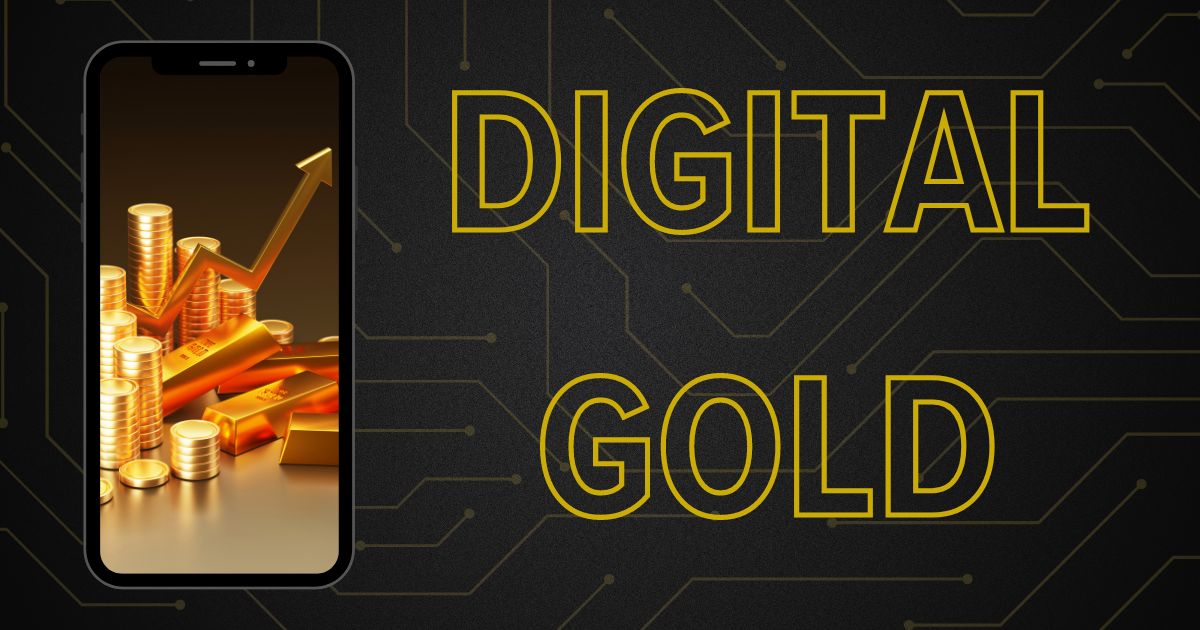
Digital gold or virtual gold refers to a way of investing in physical gold assets without actually holding the gold yourself.
With digital gold, individuals purchase units or tokens that are backed by and represent ownership of real gold bullion stored in secured vaults. These digital tokens can be bought, sold and traded online as a type of financial instrument. Each token represents a specific amount, such as a gram, of gold secured in professional storage facilities.
So while the gold exists in physical form, individuals deal exclusively in digital tokens as a means to gain price exposure and virtual gold investment returns without the need to store gold bars or coins. The concept allows gold to be purchased, traded and transacted just like traditional currencies or assets but in a digital format through online accounts and platforms.
How Does Virtual Gold Work?
Digital gold platforms employ a process called 'tokenization' to represent ownership of physical gold assets using digital tokens. When an individual purchases digital gold tokens, the platform mints an equivalent number of tokens and allocates them to the buyer's online account. Those tokens are then backed by physical gold bullion stored securely in professional vaults. The quantity and location of the gold reserves backing each token are precisely tracked.
Digital gold buyers can later sell their tokens back to the platform or to other gold investors on a secondary market. During a sale, the corresponding amount of physical gold reserves remains securely stored while the token ownership is transferred to the new virtual gold buyer digitally. This tokenization process allows physical gold to be fractionally invested in and traded without the complexities of transacting in physical gold.

Advantages of Digital Gold Investment
There are several benefits to virtual gold investment rather than physical gold bullion and coins. The main advantages include:
- Fractional ownership: Digital gold allows for fractional ownership of gold assets from as little as 0.001 grams, making it easy for smaller investors or those working with tighter budgets to gain gold exposure.
- No storage or management: Management and storage of physical gold assets is avoided, removing risks from theft or damage of personal property.
- Instant settlement: Transaction settlement is virtually instantaneous with digital gold unlike physical deliveries.
- Increased security: Digital gold is safer and more secure as well, removing reliance on personally securing valuable precious metals.
- Lower barriers and liquidity: digital gold lowers barriers to investing in gold while providing a conveniently portable and liquid means to hold gold assists.
Disadvantages of Digital Gold Investment
While digital gold provides clear benefits over physical ownership, there are some potential downsides involved with virtual gold investment compared to holding physical bullion. The main disadvantages include:
- Operational risk: Digital holdings are ultimately dependent on the viability of brokerages and backend systems, though risks are mitigated through regulation and security measures.
- No direct verification of assets: There is no ability to directly handle or verify ownership of the underlying physical gold reserves.
- Price volatility: Prices remain directly tied to gold market fluctuations similar to physical bullion.
- Limited platforms: Only a small number of exchanges globally currently offer trading features for digital gold tokens or coins.
Digital Gold vs Physical Gold
While both represent claims on real gold assets, gold bullion and virtual gold investments exhibit some key differences beyond just the form of ownership.
Physical gold allows for direct inspection and potential resale of individual coins and bars if desired. There are also minimal commissions involved when you buy gold bullion. However, ownership requires securing, insuring and storing the valuable property.
Virtual gold trades at potentially lower margins than physical due to reduced costs for platforms. There are also no fees associated with storing or maintaining virtual gold positions long-term. Overall, both provide exposure and upside to gold prices but in distinctly different styles aligned with particular personality and investment preference types.

Digital Gold Investing Strategies
With digital gold, individuals can employ various trading approaches depending on their goals:
- Buy and hold: A long-term strategy treating digital gold similarly to physical bullion with a buy low/sell high mentality.
- Day trading: Leveraging platforms that offer immediate liquidation, traders can speculate on short-term gold price volatility.
- Automated investments: Many brokers enable automatic dollar-cost averaging to accumulate digital gold tokens over the long-run without timing the market.
- Margin trading: Some exchanges support margin trading digital gold as a CFD, allowing leveraged positions for amplified returns - along with increased risk.
Should You Consider Digital Gold Investments?
In conclusion, digital gold can be a suitable investment option for certain individuals depending on their unique circumstances and goals. For those seeking an easy way to gain diversified exposure to gold markets, digital formats remove many of the hassles associated with physical bullion.
Virtual gold also enables broader participation through fractional ownership. However, it is ultimately still subject to volatility inherent in commodity investing. Due diligence on platforms is important given risks around regulation and security.
Overall, digital gold may appeal most to technologically-savvy investors comfortable with a degree of risk for potential portfolio benefits through gold upside. Prospective digital gold investors should evaluate factors like preferred asset control style, budget, and risk tolerance when determining applicability within a personalized strategy.
Categories
Latest Posts
-
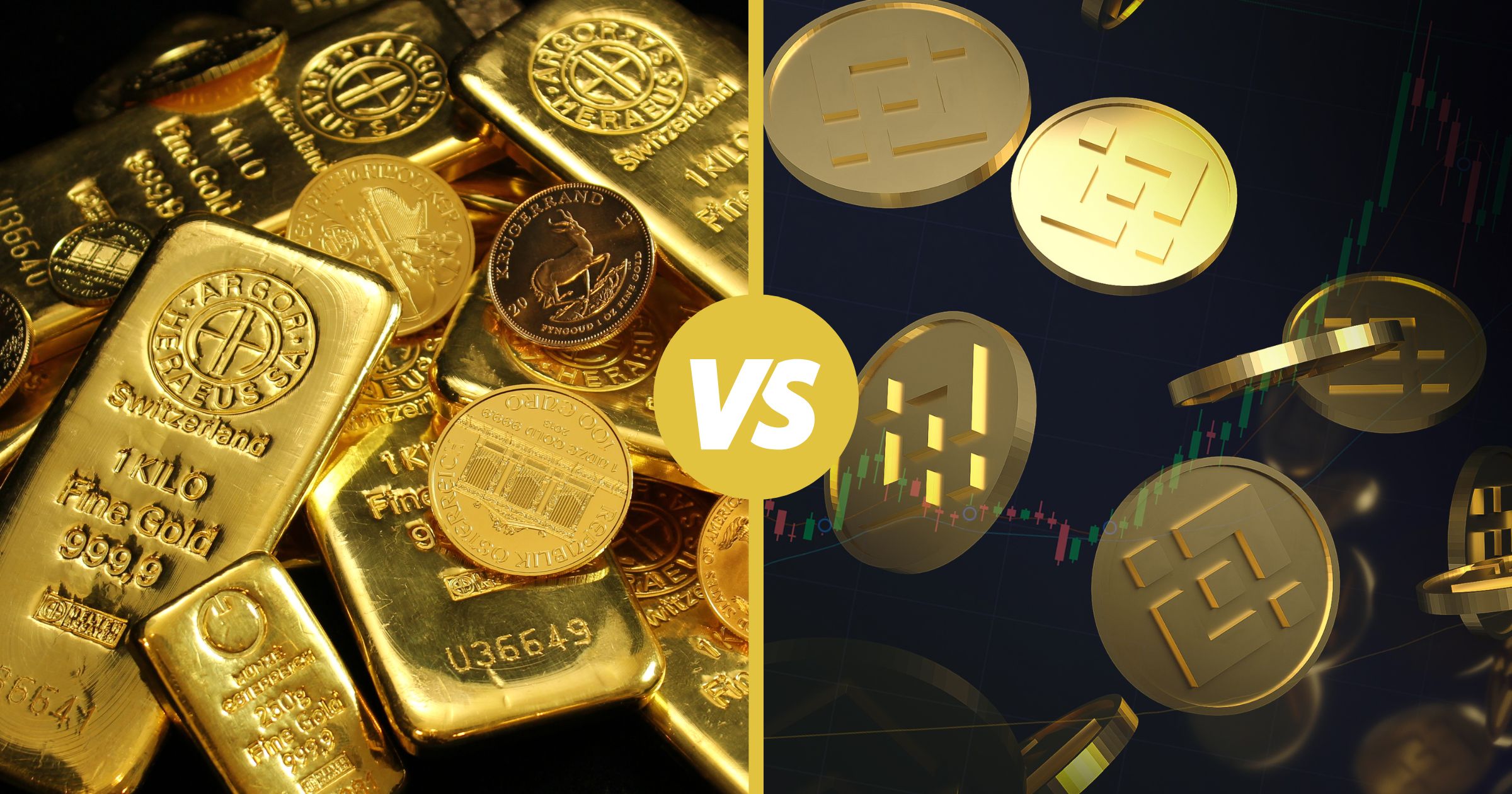
Digital Gold vs. Physical Gold: A Comprehensive Guide
March 1, 2024 -

How is Gold Mined in Australia: A Deep Dive into the Extraction Process
February 21, 2024 -

How To Get The Most Money For Your Gold Jewellery
February 15, 2024 -
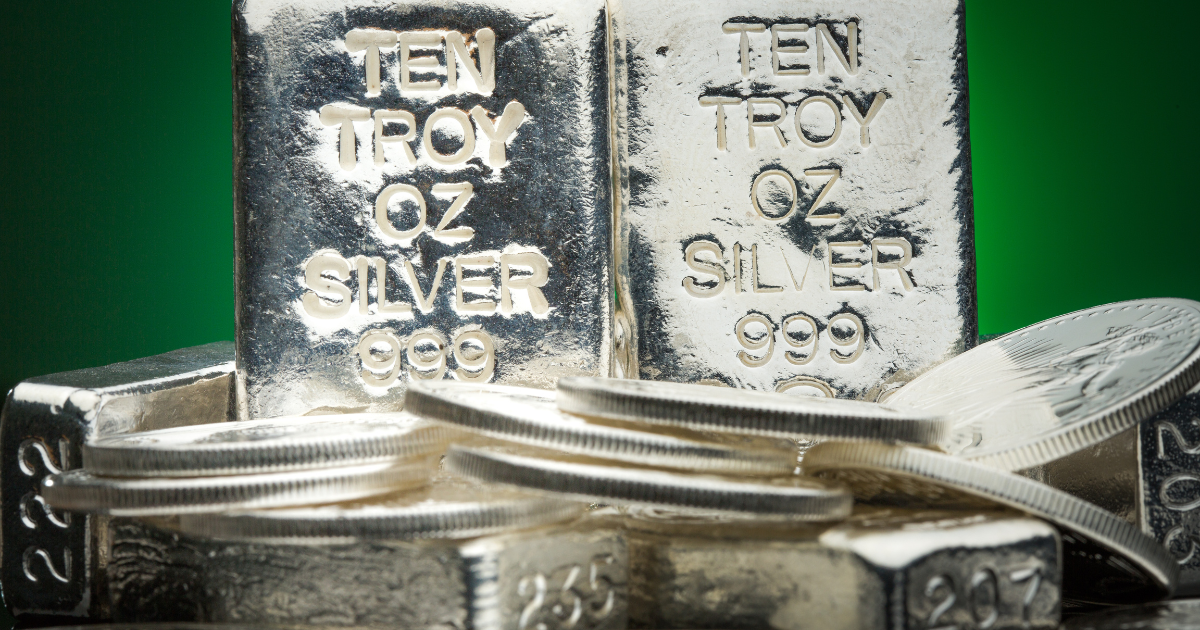
Beginner’s Guide on How To Sell Silver in Australia
February 7, 2024 -
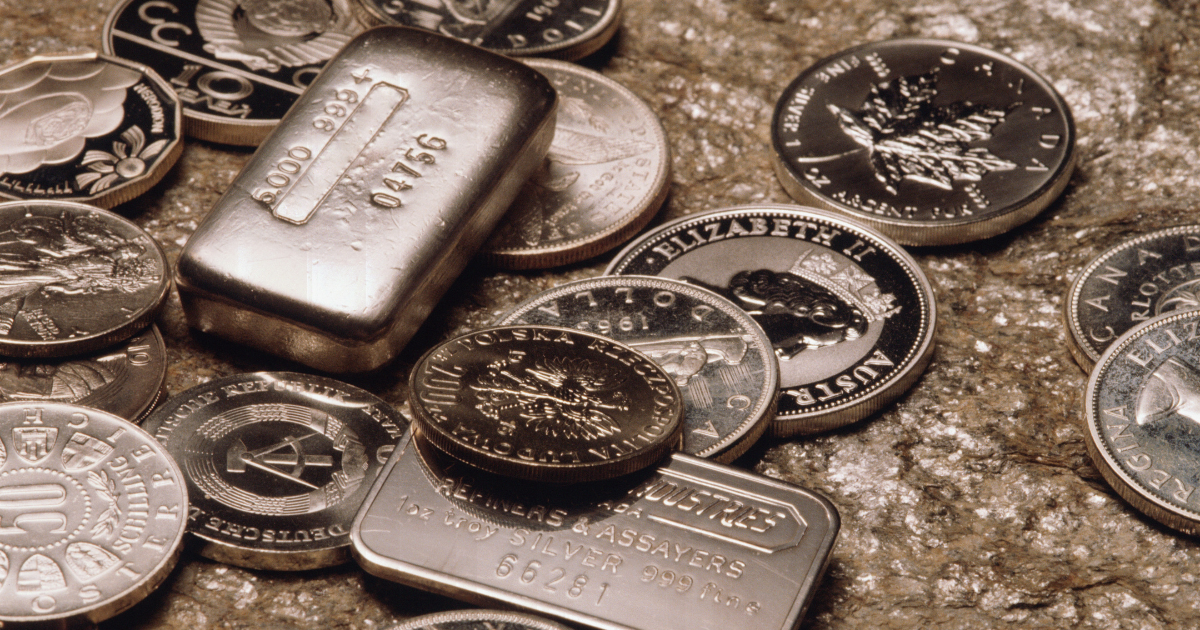
How To Invest in Silver in Australia For 2024?
January 31, 2024 -

How Gold is Tested? All You Need To Know
January 25, 2024 -

Gold Bullion and SMSF – All You Need To Know
January 19, 2024 -

Cast Bars vs Minted Bars – Clear Comparison
January 10, 2024 -

What is Platinum?
January 2, 2024 -
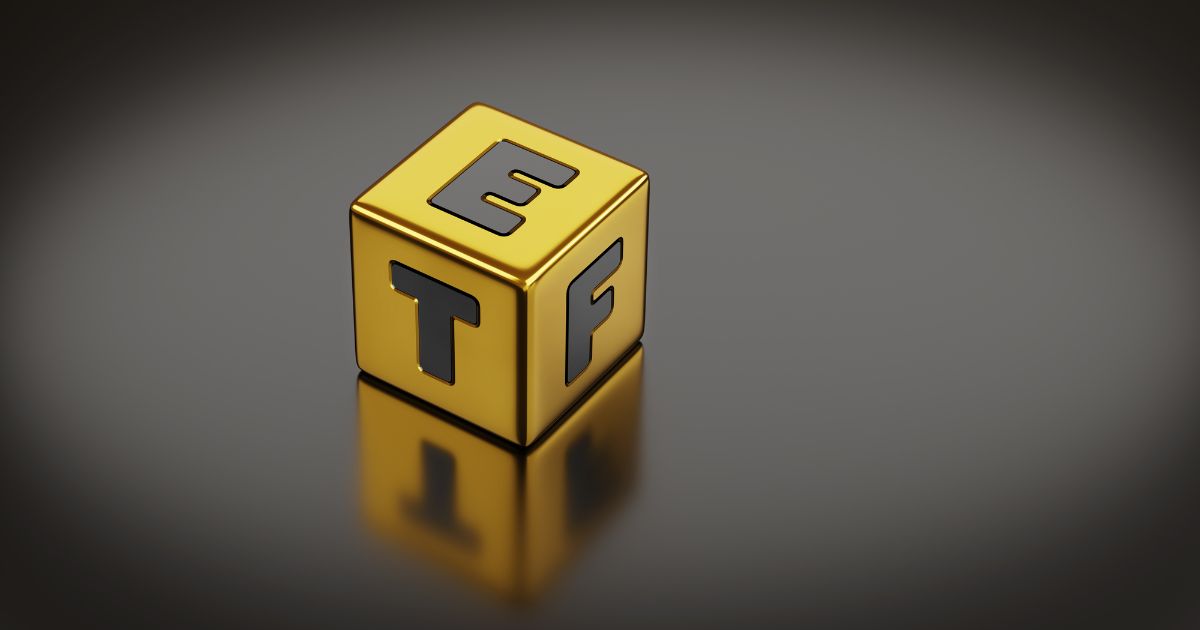
How To Invest in Gold ETF
December 21, 2023 -

The Largest Gold Nuggets Ever Found
December 18, 2023 -

What is Digital Gold and How Does it Work?
December 13, 2023 -

Best Ways To Invest in Gold in Australia
December 7, 2023 -

How Much Gold is There in the World?
November 29, 2023 -

Where and How To Store Gold and Silver?
November 23, 2023 -

The Relationship Between Gold and Inflation Over the Australian History
November 16, 2023 -
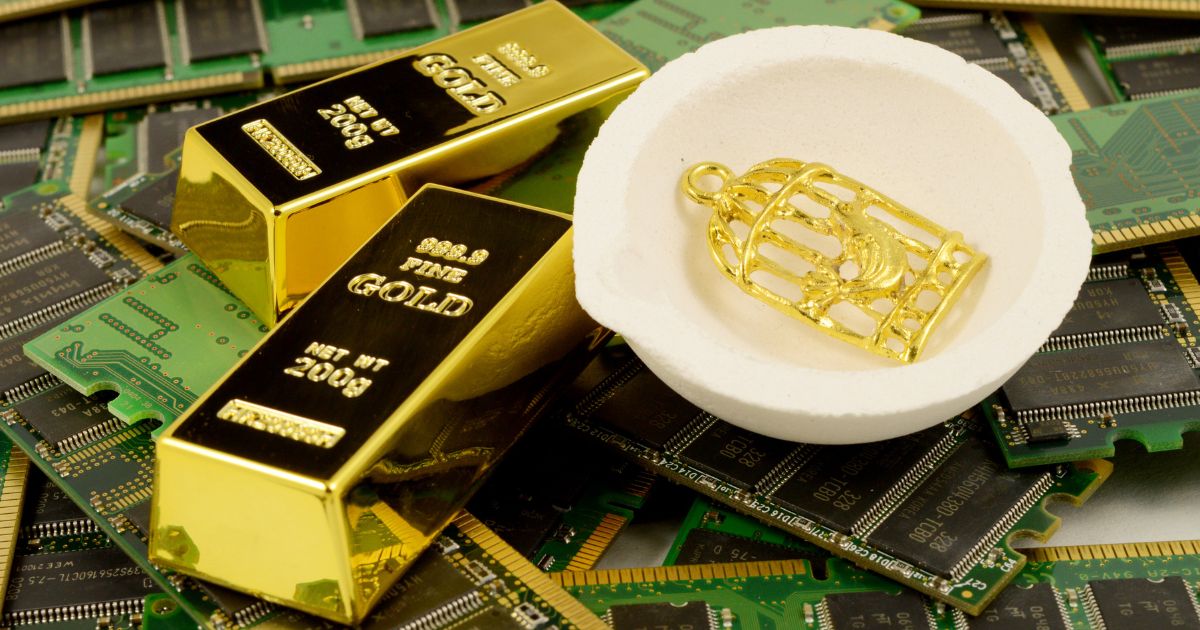
How Does Gold Refining Work?
November 9, 2023 -

Gold Bars vs Gold Coins: What Should You Buy?
November 1, 2023 -
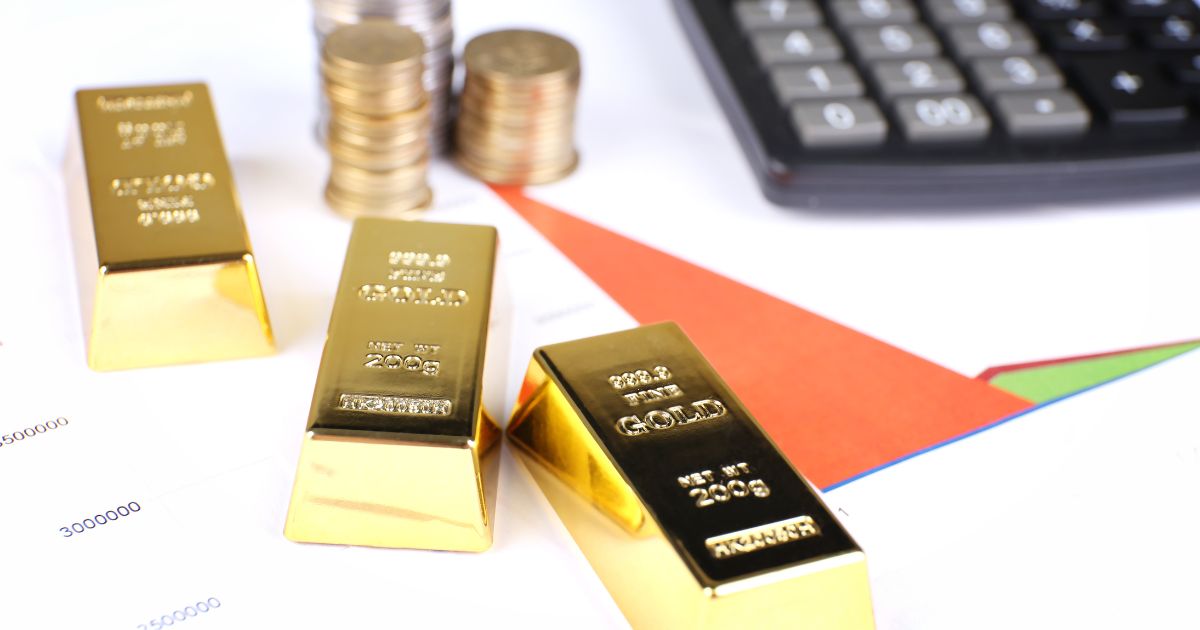
Know The Cheapest Way To Buy Gold
October 25, 2023 -

Why Invest in Gold? Top Reasons to Consider
October 18, 2023 -

How Much Gold Can You Buy Without Reporting in Australia?
October 15, 2023 -

The Best ASX Gold Stocks in Australia For 2023
October 9, 2023 -

Top 10 Australian Gold Mining Companies in 2023
October 5, 2023 -

How to Sell Jewellery in Australia?
October 4, 2023
 07 4939 0239
07 4939 0239